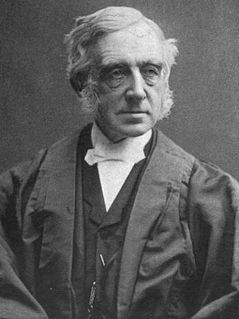A Quote by James R. Lewis
The Christian Bible offers some 300 references to Angels.
Related Quotes
I am a Bible Christian and if an archangel with a wingspread as broad as a constellation shining like the sun were to come and offer me some new truth, I'd ask him for a reference. If he could not show me where it is found in the Bible, I would bow him out and say, I'm awfully sorry, you don't bring any references with you
The angels of the Bible terrify the humans to whom they visit; they startle and scare and even stun the humans. Why? Because in the Bible angels are colossal figures, fiery in light and, more often than not, overwhelming in their power. Angels, then, in the Bible are supernatural beings that humble us in their presence.
The Bible is filled with stories about angels, but many of us have had our view of angels confused by popular misconceptions about them, the principal of which is that angels do not actually exist anymore than fairies do, or wood nymphs or water sprites. But they do exist, and the Bible attests to their existence innumerable times.
In the Bible angels speak and humans speak back to them. This is the case with Mary in Luke 1. The angel speaks, Mary questions, and it goes back and forth. Abraham speaks with angels. So I would contend the Bible has enough evidence of angels speaking and humans speaking that speaking with an angel today would be reasonable. I've heard enough stories and read such that confirm that Christians today do speak with angels.
The Bible is one long story of God meeting our rebellion with His rescue, our sin with His salvation, our guilt with His grace, our badness with His goodness. The overwhelming focus of the Bible is not the work of the redeemed but the work of the Redeemer. Which means that the Bible is not first a recipe for Christian living but a revelation book of Jesus who is the answer to our un-Christian living.





































